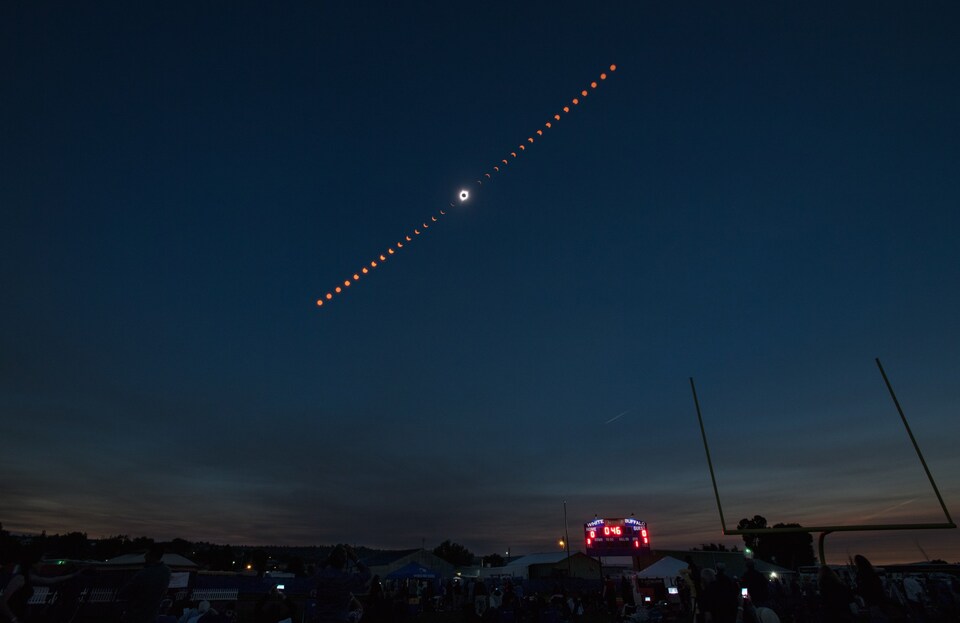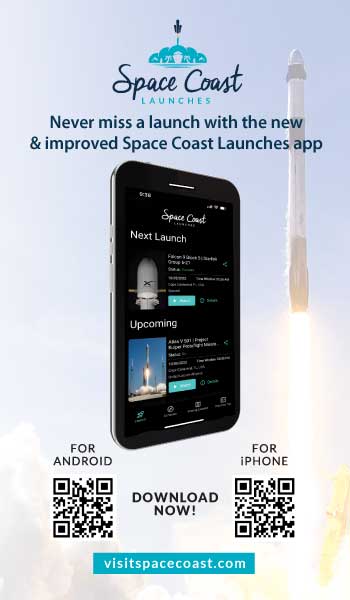
Total Solar Eclipse April 8
On Monday, April 8, a total solar eclipse will cross North America, giving people in 15 states the opportunity to see the Moon completely block the Sun, revealing our star’s relatively faint corona.
“This year’s total solar eclipse will be at least partially visible to all in the contiguous United States, making it the most accessible eclipse this nation has experienced in this generation,” said Nicola Fox, associate administrator, Science Mission Directorate at NASA Headquarters in Washington. “There is space for everyone to join NASA in experiencing this beautiful amalgamation of our Earth, Sun and Moon in an alignment that will not only lead to new scientific discoveries, but an incredible shared moment of inspiration and awe.”
The total solar eclipse will be visible along a narrow band stretching from Texas to Maine in the United States. Outside of this path, people in all 48 contiguous U.S. states will have the opportunity to see a partial eclipse, when the Moon covers only part of the Sun. Learn how to safely view this celestial event on NASA’s eclipse website.
NASA is joining with organizations, local governments, universities, science centers, and more for in-person events to engage the public and share the excitement of the solar eclipse. Information about these and additional events is available on NASA’s eclipse website.
Photo Caption: This composite image shows the progression of a total solar eclipse over Madras, Oregon on Monday, Aug. 21, 2017. A total solar eclipse swept across a narrow portion of the contiguous United States from Lincoln Beach, Oregon to Charleston, South Carolina. A partial solar eclipse was visible across the entire North American continent along with parts of South America, Africa, and Europe. NASA/Aubrey Gemignani




